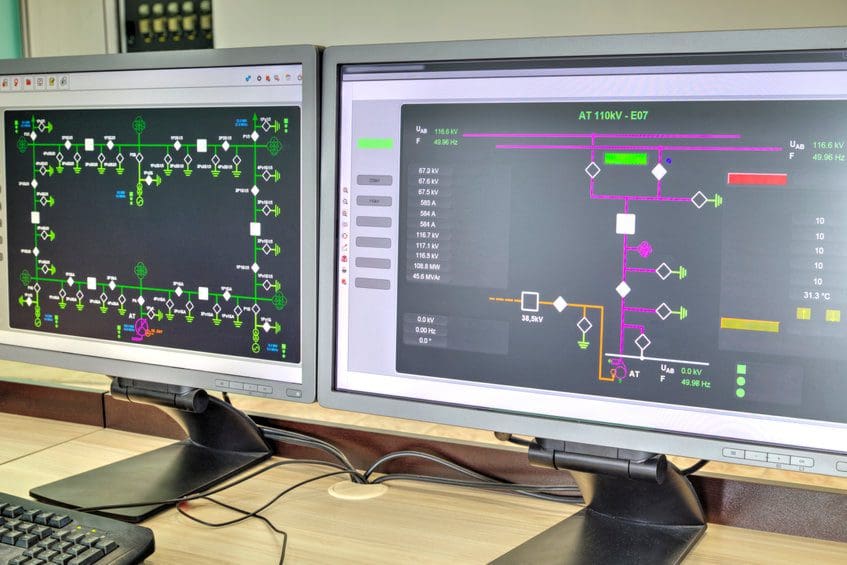Cybersecurity has become one of the most crucial concerns of the 21st century. The world is starting to take it more seriously now more than ever, as the dangers of cyber threats become clearer. Every industry is now buckling up to put up a strong cyber defense system. Renewable energy is also seeing a ramp in its security system. So, where does the cybersecurity for the oil and gas industry stand?
A 2019 report found that there are serious cyber threats looming over the oil and gas industry. The number of cyber-attacks is actually increasing day by day due to weak security systems and lacking awareness. These attacks often have a hidden economic, political, or national security goal.
Certain groups are involved in perpetrating cyberattacks on third-party vendors, telecommunication providers as well as the oil industry. Therefore, the oil industry must understand that these groups attacking the electrical utilities may very well shift their attention to other energy sectors. In fact, attacks on the entire global energy sector have already begun.
This report should be enough of a wake-up call for the energy industry. It is high time the oil and gas industry too begins its fortification against cyber threats and raises awareness.
What is ICS Security?
What the oil and gas industry needs right now to defend itself is strong ICS security.
Industrial Control System Security or ICS security is the process of protecting industrial control systems. This includes the hardware and software that is present in that system. It gives the operators a simple way to monitor, manage, and control the industrial process and makes sure the operations run smoothly. It also ensures that the data shown in the control room is accurate.
How Can ICS Security Improve?
The ICS is connected to the internet, and without a security system in place, it becomes vulnerable to cyber-attacks. Especially if the ICS is not up-to-date, it becomes easy to breach.
The industry can adopt a few measures in response to this. Restricting physical access to the ICS, applying security patches, securing the individual components of ICS are some of the few. However, the most significant improvement will be the implementation of cybersecurity solutions to ICS.
It can use firewalls to keep out malicious ransomware and secure the company networks and gateways. Remote connection to the industrial site over secure VPN tunnels is another advantage of cybersecurity software.
Using a potent cybersecurity solution can also help to secure high-confidential industry data. The transmission and storing of a huge amount of sensitive data must have strong protection at all times. To avoid unauthorized alteration of data, assigning user privilege to a few people is a safe option. A top-quality cybersecurity solution will have these kinds of features. Detecting anomalies in the ICS and preventing them from occurring will also become much easier. A modern solution like this will save the industry from heavy loss in the future.
Further, the oil and gas industry should raise awareness of cybersecurity among employees. Putting more emphasis on cybersecurity and bringing in ICS representatives in the cybersecurity team can also be fruitful.





